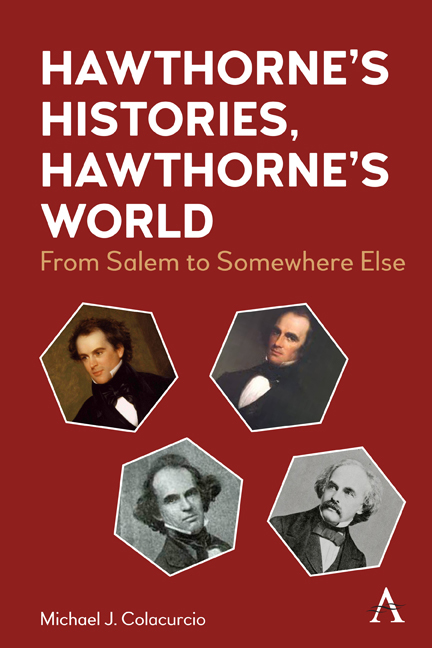Book contents
- Frontmatter
- Dedication
- Epigraphy
- Contents
- Acknowledgments
- Preface
- Introduction The Moral of the Story
- Chapter 1 Walnut
- Chapter 2 J. O.
- Chapter 3 Forgiveness and the Thin Red Line
- Chapter 4 “I Got Nothing!”
- Chapter 5 “It’s an Important Political Problem. I Should Know about It.” Agency
- Chapter 6 Nicole’s Father is NOT German! The Moral Salience of Difference
- Chapter 7 Science Fiction Fantasy, Moral Imagination and the Ability to Conceptualize Your Way Out of a Problem
- Chapter 8 Passion
- Chapter 9 Cat
- Chapter 10 Best Friends Forever
- Chapter 11 Wretched, Slacker Disney Child
- Chapter 12 Chloe, Nicole and the Elephant in the Parlor: The Last Lecture and Some Final Thoughts on Ethics and Character
- Notes
- References
- Index
Chapter 5 - “It’s an Important Political Problem. I Should Know about It.” Agency
Published online by Cambridge University Press: 06 October 2022
- Frontmatter
- Dedication
- Epigraphy
- Contents
- Acknowledgments
- Preface
- Introduction The Moral of the Story
- Chapter 1 Walnut
- Chapter 2 J. O.
- Chapter 3 Forgiveness and the Thin Red Line
- Chapter 4 “I Got Nothing!”
- Chapter 5 “It’s an Important Political Problem. I Should Know about It.” Agency
- Chapter 6 Nicole’s Father is NOT German! The Moral Salience of Difference
- Chapter 7 Science Fiction Fantasy, Moral Imagination and the Ability to Conceptualize Your Way Out of a Problem
- Chapter 8 Passion
- Chapter 9 Cat
- Chapter 10 Best Friends Forever
- Chapter 11 Wretched, Slacker Disney Child
- Chapter 12 Chloe, Nicole and the Elephant in the Parlor: The Last Lecture and Some Final Thoughts on Ethics and Character
- Notes
- References
- Index
Summary
Like most offsprings of academics, my children have grown up frequenting scholarly conferences. A 3-month-old Alexander nursed in Rio de Janeiro and slept through a band playing the Brazilian national anthem at his first meeting of the International Political Science Association. As he neared his first birthday, Alex practiced walking up and down the steps of the Palmer House in Chicago during meetings of the Midwest Political Science Association; he attended later meetings while he was in high school, and was thrilled when two attractive, young, female graduate students from Oxford asked if he were writing his dissertation yet. .
Nik went on several job interviews with me. He freaked out an elderly faculty member who wasn't quite sure he was ready for a breast-feeding colleague, and was dragged to Lund, Sweden, as a teenager, not quite sure he still wanted to travel with his parents.
But it was Chloe who took in the most travel, happily logging the miles with her parents as she became an academic conference baby. In Chloe's case, the acronym was ISPP-baby, for the International Society of Political Psychology.
During this time, I should note, it was never clear who was really in charge. My academic conferences may have set the venue, but it was Chloe who defined the vacations. There was the ice cream and aquarium tour of Northern Europe. This was the year the ISPP met in Berlin, but we remember it as time structured around Chloe's love of sea urchins, dolphins, porpoises and whales. We saw every fish in every aquarium in Northern Europe, and Chloe suckered her parents into ice cream every chance she got. The ice-cream part of the tour climaxed in Norway when, after taking the night train from Oslo to Bergen, we were so exhausted we took turns sleeping and touring with Chloe during that first day. At dinner that night, as Chloe asked for ice cream for dessert, I said, “This will make twice today. You had ice cream this afternoon after the aquarium, remember?”
“Ice cream with Mom?” my husband demanded. “You had ice cream with me this morning!”
- Type
- Chapter
- Information
- The Unspoken Morality of ChildhoodFamily, Friendship, Self-Esteem and the Wisdom of the Everyday, pp. 63 - 68Publisher: Anthem PressPrint publication year: 2022



